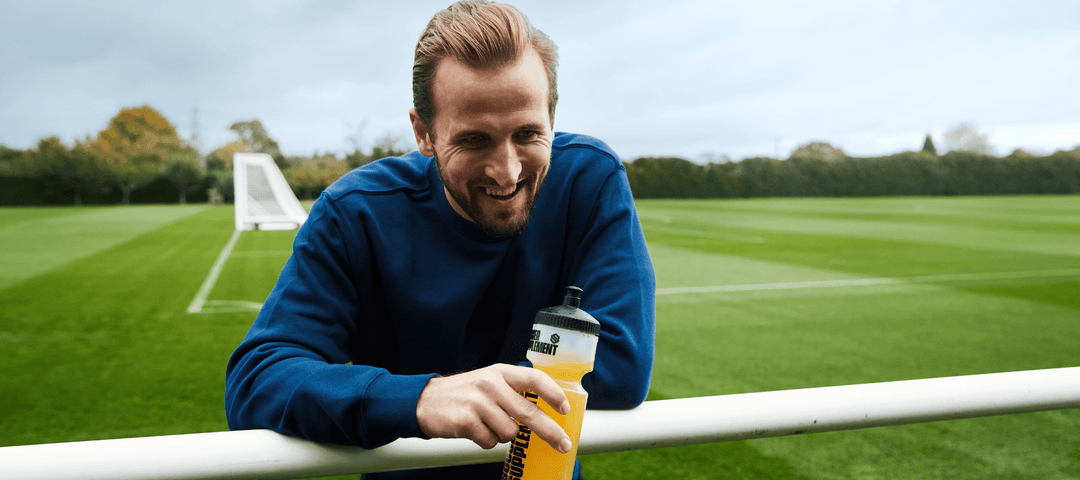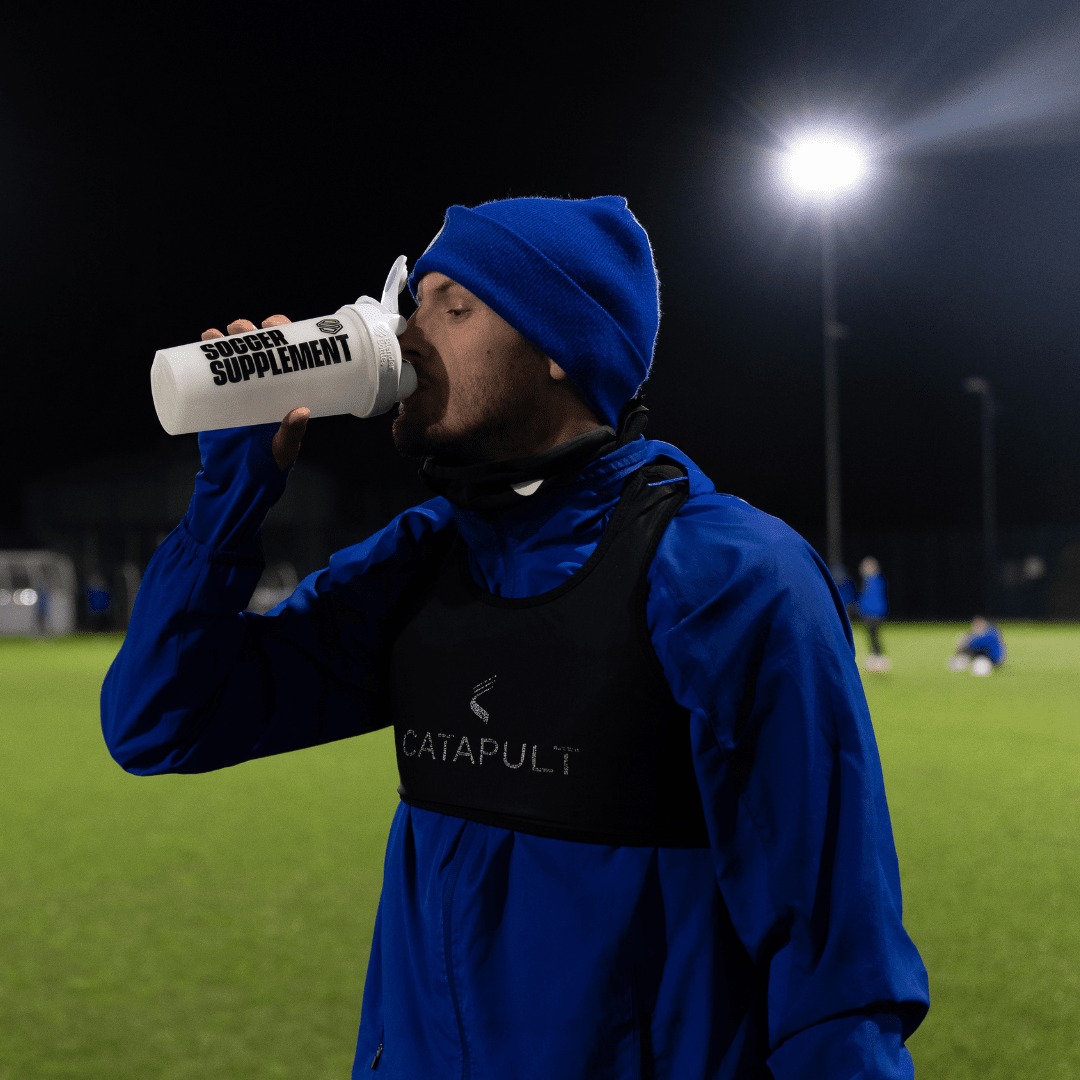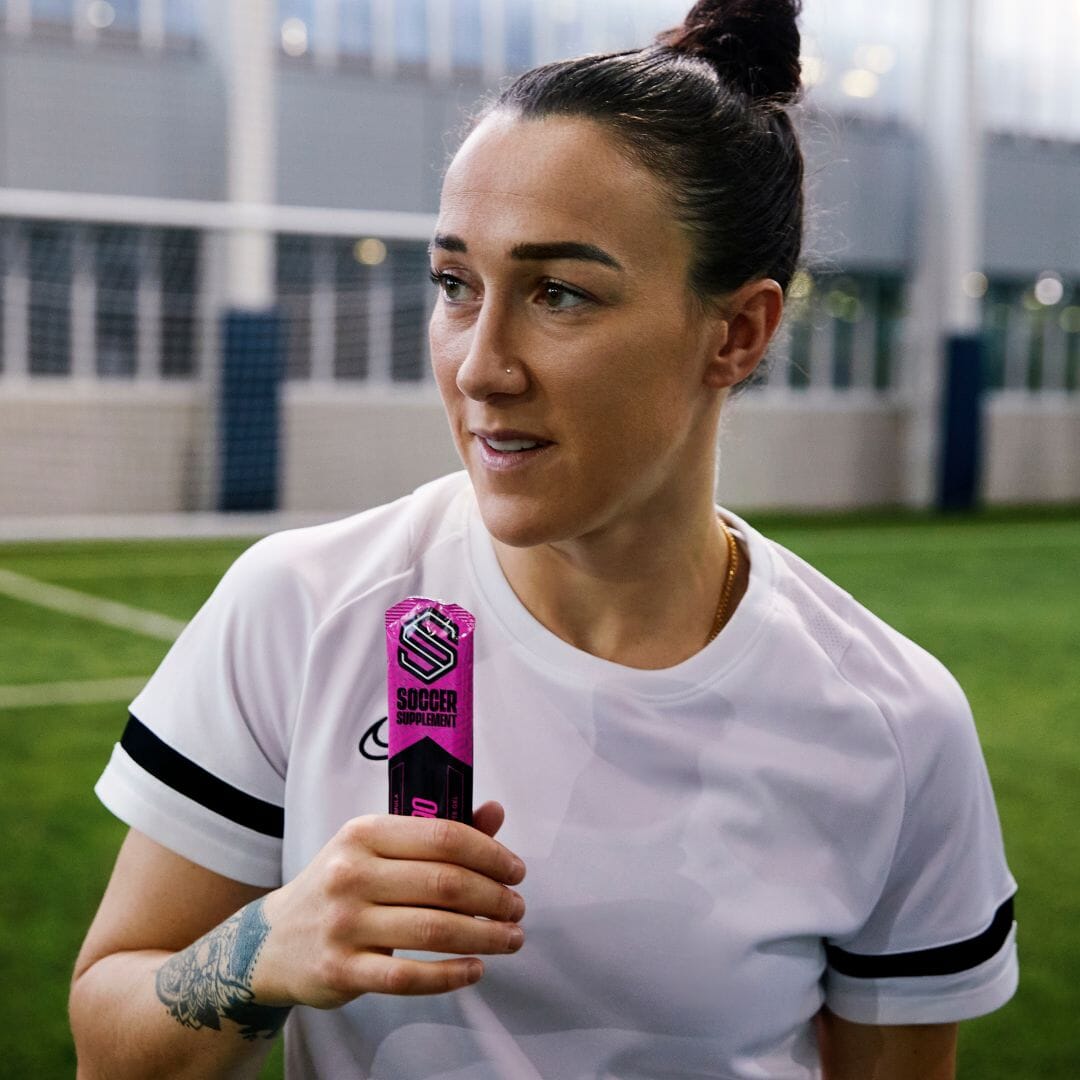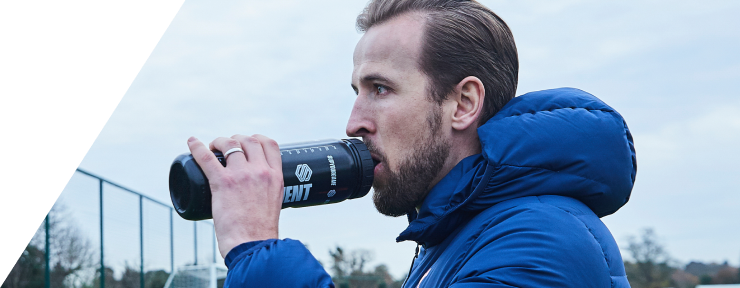For many amateur players, football recovery is an afterthought at best; completely ignored at worst. A few stretches and a couple of pints may feel like job done after a tough match, but it’s not ideal if you take the game seriously.
In fact, what happens after the final whistle blows is as important as what happens in the build up to the match. Considering many footballers can run up to 12km per game, including plenty of turns, sprints, sudden stops and hard tackles, injury and soreness seems inevitable.
But it doesn’t have to be.
A good recovery routine allows your body to adapt and rebuild, while preventing stiffness, soreness and worsening of injuries. Perhaps most importantly for the keen footballer, recovery puts you in a better position to be ready for your next training session.
This article gives you the lowdown on what to do and when to do it, for the best chance of being fighting fit come the next time you lace up your boots.
Football Recovery Step 1: The Cool Down
The cool down is seen as the warm up’s forgotten sibling, but it is crucial for kickstarting your recovery. It’s also much more straightforward than pre-match movements, which we cover in more depth in our article on warming up for football.
So, before walking off the field for your shower, the first thing on your list should be to cool down. You can include some light jogging and walking – once or twice round the pitch should do.
The thinking behind this is that it helps the cardiovascular system recover by gradually reducing your heart rate and blood pressure to resting, instead of instantly going from 100mph to zero. A cool down is also thought to partially prevent immune system depression.
Following this cool down, you can engage in some stretching. Static stretching is not advised before games as it has the potential to tire and weaken your muscles, but after running it has its benefits. Performing safe static stretches can prevent soreness and improve flexibility, as well as releasing tension to promote relaxation and even better posture.
Football Recovery Step 2: Rapid Refuelling
Sorry – you still have to delay that shower! Over the 90 minutes of running, jumping, passing and tackling, you will have lost on average 1,500 calories, 1.1 litres of fluid and your muscle glycogen levels will be low. The best time to start refuelling is immediately after your cool down.
Luckily, you don’t have to eat a full meal straight away. Instead, opt for snacks that are easy to consume and offer a balance of carbohydrates and protein – something as simple as some fruit along with some chocolate milk or a protein shake will do. We offer both Whey Protein and Vegan Protein supplements containing 32g and 25g of protein respectively, which is ideal for this quick recovery window.
Now is also the time to hydrate. You are likely to need to replenish the electrolytes you sweated out during the match along with at least 500ml of water. Our Hydrate90® effervescent tablets provide the electrolytes you need with no sugar.
Alternatively, you can opt for an all-in-one recovery drink, such as our Recover90®. This footballer-focused shake features 31g of protein, 30g of carbohydrates and 371mg of electrolytes to stimulate muscle repair and glycogen restoration, while boosting hydration.
Football Recovery Step 3: Time for a Shower!
Finally, you can jump into a nice hot shower… unless we can tempt you with an ice-cold bath instead?
This may not sound appealing to tired bodies, but cold therapy has a plethora of benefits including boosted recovery and reducing inflammation. However, the majority of amateur grounds won’t have an ice-bath facility, so you will either need to do it at home or just opt for a cold shower instead, which will have similar benefits.
If going for cold baths or showers, ease into it by starting with lukewarm water, then gradually make it colder. Note that it is worth avoiding a cold shower if you are already very cold or are feeling ill.
Football Recovery Step 4: Ice is Nice
Sticking with the theme of cold, ice can be your friend if you sustain any minor injuries during the match, whether a clash of heads or a sprained ankle.
Aim to apply an ice pack to any injuries as soon as possible, which will reduce inflammation and soreness. This is known as cryotherapy if you want to impress your teammates.
Use this along with the rest of the PRICE principles: Protection, Rest, Ice, Compression and Elevation. Apply as many of these principles as you can, as soon after the match as possible. You can read our tips on reducing the risk of injury for more information, and always speak to a healthcare professional about any injury that does not improve after a few days of rest.
Football Recovery Step 5: The Beauty of Sleep
While it’s unlikely you will be able to do this immediately after the match, sleep is your biggest ally to recovery – ignore it at your peril.
During sleep, an increase in blood flow delivers oxygen and nutrients to muscles, helping to repair and regenerate your body. A lack of sleep can make it harder for your body to repair, which can lead to weakness and injuries.
As you may already know, having around 8 hours of shuteye a night is optimal, and you should strive for at least this amount following a game.
There are many things you can do to improve the quality of your sleep, including:
- Investing in a comfortable mattress and pillow
- Avoiding drinking too much liquid before bed
- Avoiding caffeine up to six hours before bed
- Sleeping in a cool room
- Making the room as dark as possible
- Leaving phones and devices outside of the bedroom
Football Recovery Step 6: The Next Day
Even by following a good post-match recovery routine, you can still wake up a little sore after a tough match.
Regardless of how you are feeling, it is worth taking the day as a rest day to allow your body to fully recover. You could aim for some active recovery, such as going for a light jog or walk to get the blood flowing, although keep the emphasis on recovery instead of fitness.
Whether you use this full routine or just incorporate some of these ideas into your matchday, taking your recovery seriously will mean you are able to go harder in your next game!






